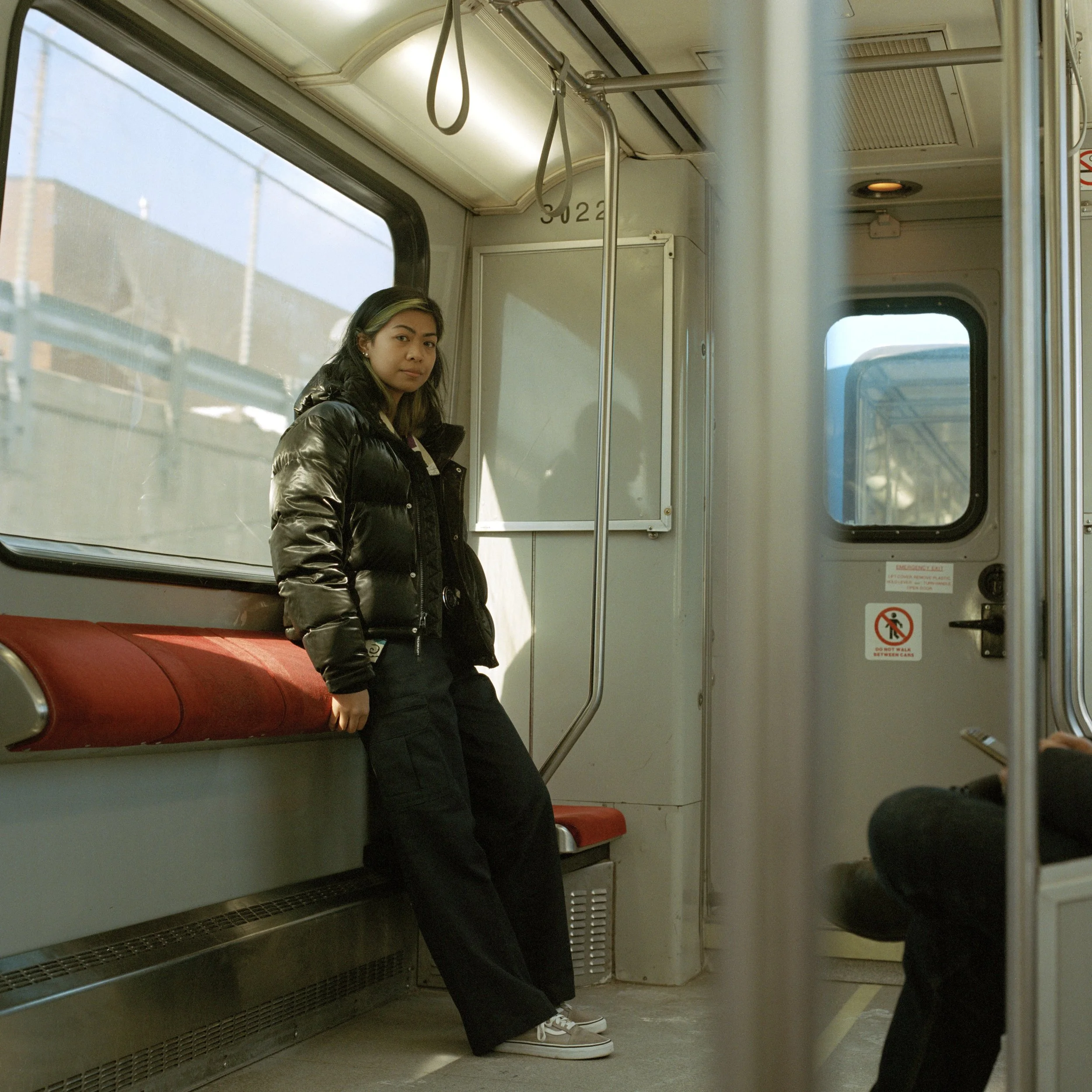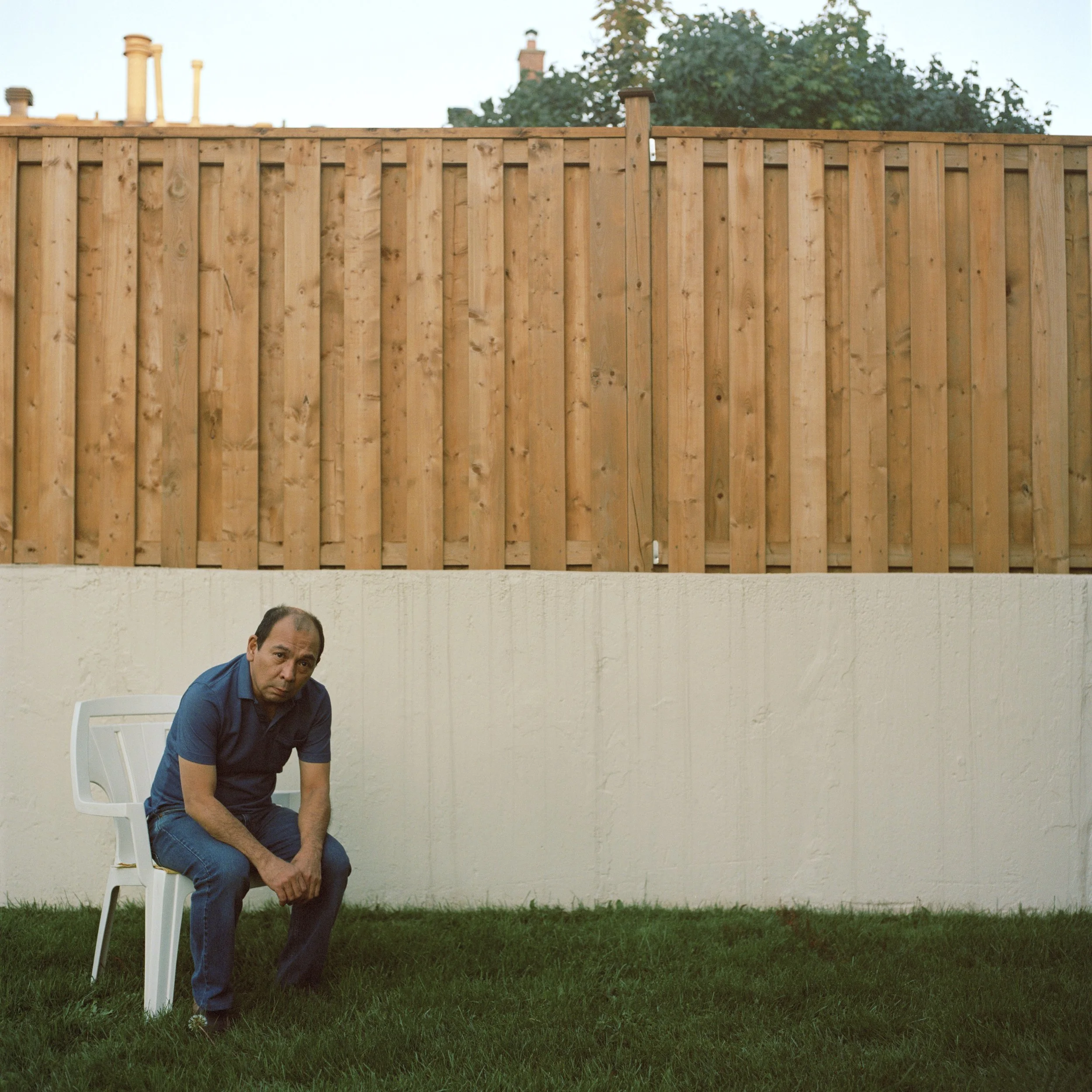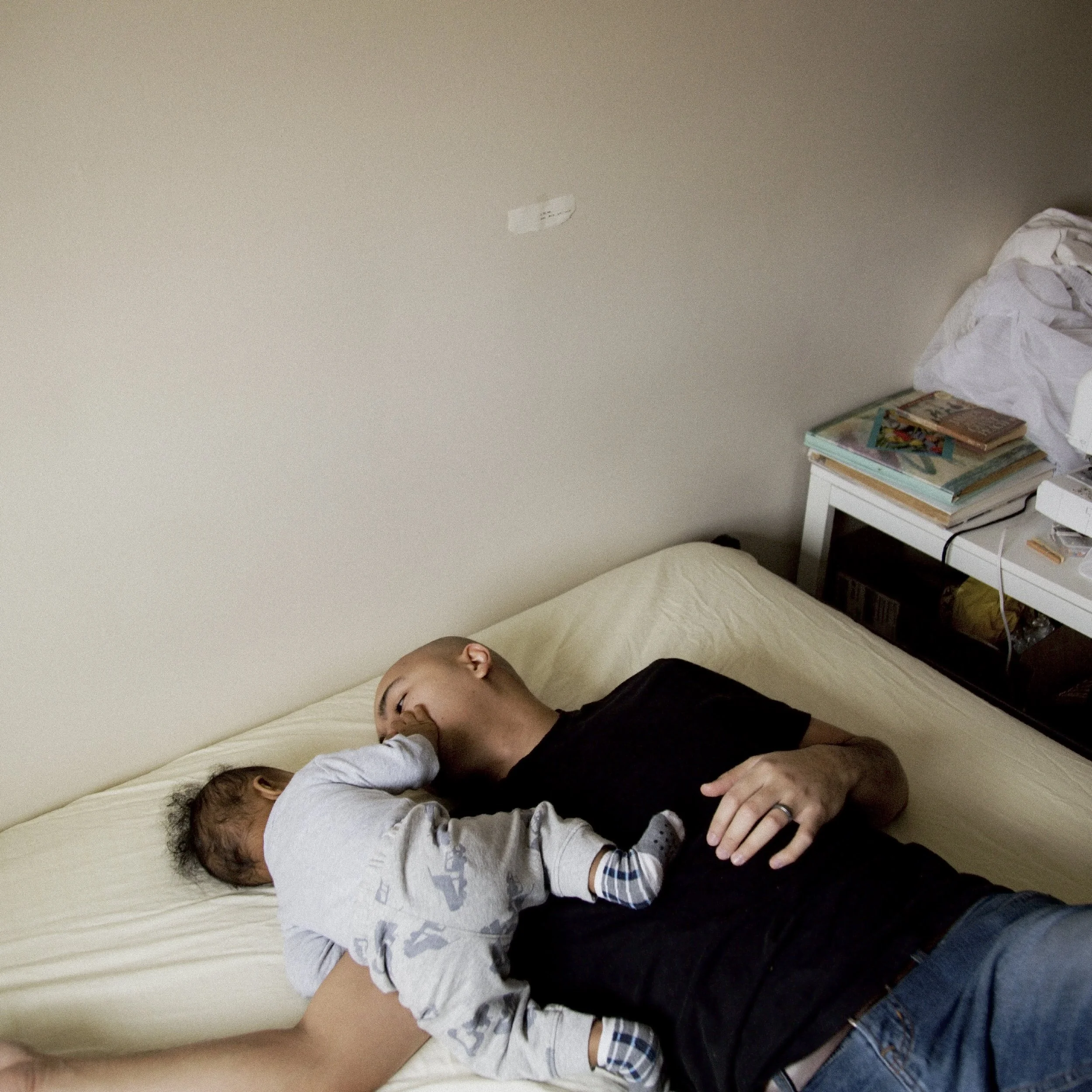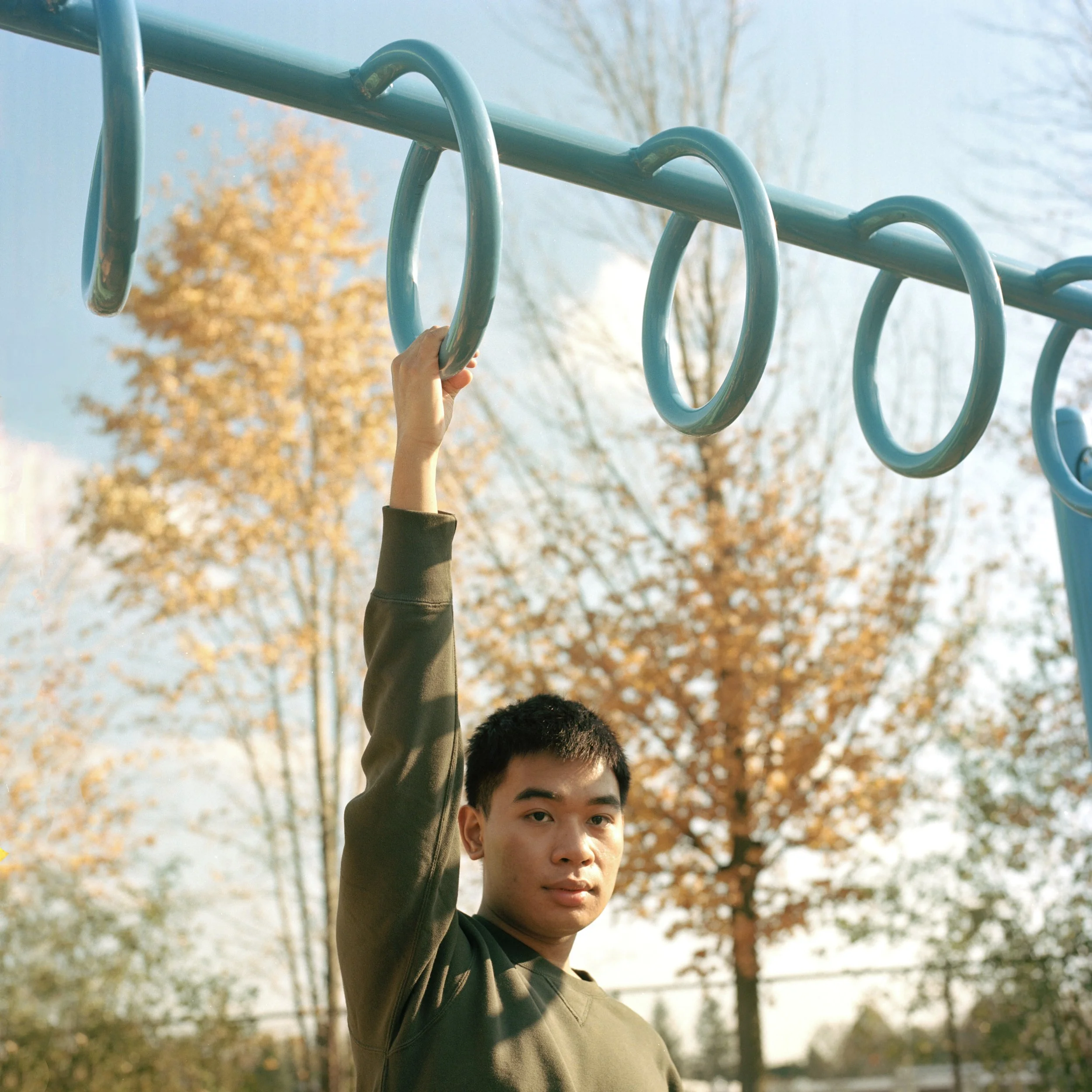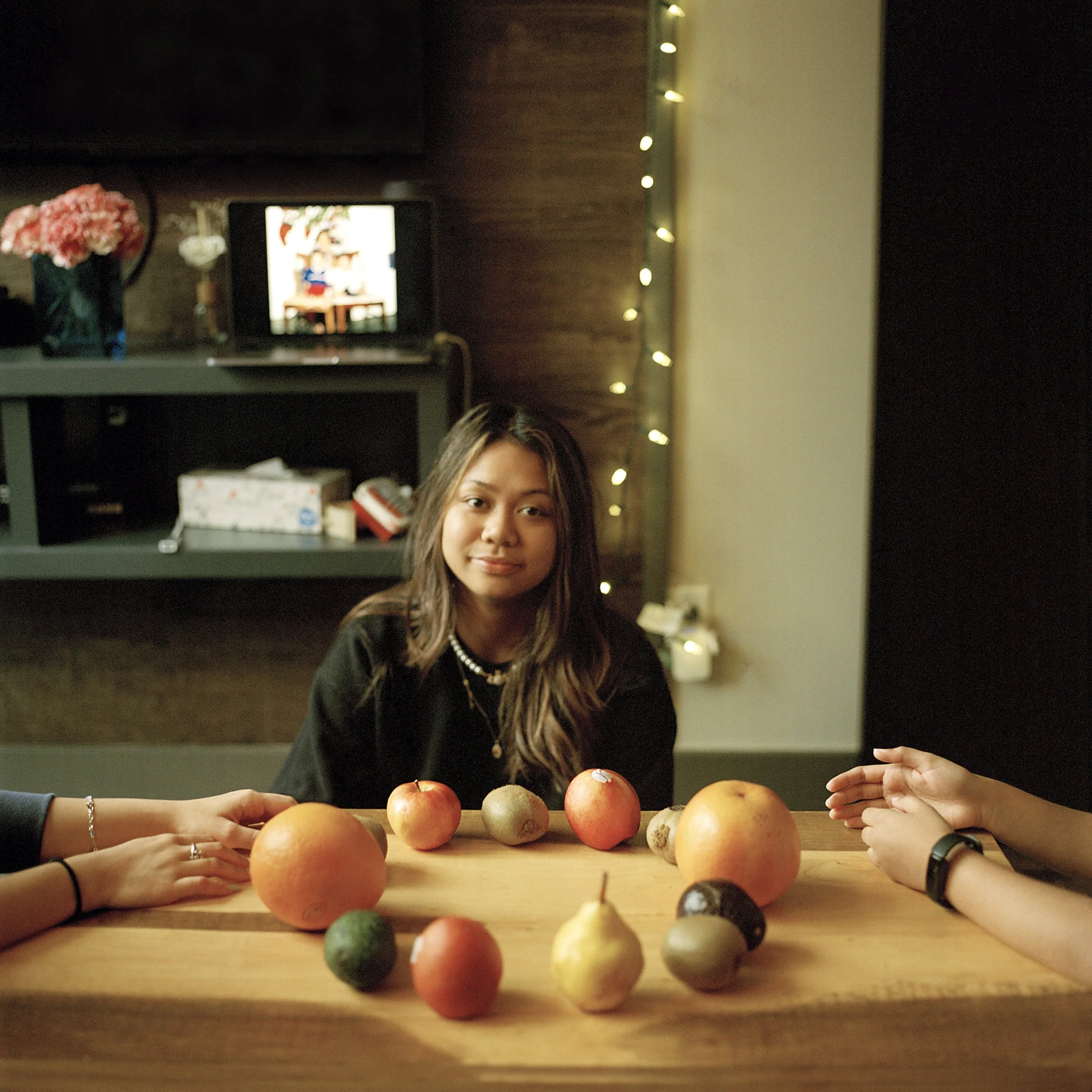We’re Over Here
The Filipinos in the West
The formation of cultural identity and belonging is often formed by the bondage of the community; whether it is through language, kinship, religion, common experiences, and rituals.
Therefore, to stay and grow in a place, grants you such identity due to the surrounding environment. But, not everyone has the opportunity to stay in one place. Those who have immigrated, due to economical, social, physical, and/or personal reasons, often have to assimilate into another country to fit in and feel belonging. Although, troubles may arise when attempting to connect, which can create a ‘culture suicide’ (Tinto’s Theory, 1987). According to Samual D. Museus and Dina C. Maramba in, “The Impact of Culture on Filipino American Student’s Sense of Belonging”, it suggests that is expected for racial/ethnic minorities to sever ties to certain characteristics, or aspects of their culture. This places a disproportionate share of the burden of adjustment. For Filipinos in the West, with a dominant Western culture, this diasporic collective can encounter uncertainties, ambiguities, and/or paradoxes that complicate their cultural selves. It is a never-ending process of negotiating with western culture, especially for marginalized groups.
As an immigrant, language and traditions, are lost as the years progress due to a lack of immersion in Filipino culture; and from growing up in the Western culture. Similar experiences of Filipino disconnection from others have been presented over time. This concluded for me to document those who have felt such disconnection and to share their experiences. Overall, this is a documentary portrait series of Filipino/a/x’s in the Greater Toronto Area who recall subtle memories of cultural disconnection and the questioning of their cultural identity. Some may have overcome their moments of disconnection, but others still struggle with their identity to this day. It is complicated as some may choose to only carry certain aspects, values, or traditions, in the future.
These stories shared are intended to relate to immigrants, and their subsequent generations, that currently feel, or have felt, excluded or disconnected from their own culture.
“Growing up in Pickering I wasn’t always surrounded by Filipino culture, except when I was following my parents to some party or something, so my Filipino culture soon became something that was separate from my everyday”
-Rafael
“I remember someone asking me what country I’m from and I said I’m Canadian. Then my mom corrected me saying I’m Filipina. I guess because I was born and raised in Canada, all I knew was what it’s like to be Canadian.”
-Kiana
“Whenever I brought homemade cooked Filipino food, I felt embarrassed whenever students would comment about the smell. I started to bring cheese and crackers to class. I know my parents were upset.”
-Junior
“Right when I arrived I had to learn how to be Canadian even though my English wasn’t fully there. I was so ashamed of my accent but at the same time now, I’m just like wow I can speak more than one language.”
-Celly
“I don’t have a filipino accent, growing up I adopted more of an American accent because I was in an english speaking school. It’s really easy for me to stick out among a group of Filipinos. ”
-Jaime
“There’s history in our flesh and skin colour, it’s wild being in this body and you know, I wanna know where it comes from.”
-Kira
“There are certain traditions/values I plan to carry on like family togetherness, religious affiliation, certain traditional food.. I do want to disconnect from the superstitions, cultural insulation, and imported bad food … it’s complicated”
-Chris
“I was so disconnected from the culture when I was 13. I am still in that derivia of trying to be okay of, sometimes, what I look like… Having a son now, I am still trying to find myself. I haven’t fully embraced who I am yet, but I am at the stage where I am trying to acknowledge it. I am currently reintroducing it to the both of us”
-Diane
“When I was little, right when I immigrated I experienced a lot of racism and bullying as a kid. I really wanted to assimilate because I didn’t feel comfortable in the environment I was in.”
-Vincent
“I was once influenced by the Western beauty standards when I immigrated here at 14. I didn’t accept who I was. I now like to look at the mirror and it reminds me of who I am. I am Filipina.”
-Sydney
“Customs are forgotten. You just don’t do them anymore.. My mom doesn’t know that many cultural dishes so I am currently learning and reaching out to others for help. I am not constantly surrounded or influenced by it and it’s tough because I can’t personally connect. My grandparents immigrated and since then a lot of my family members have since abandoned some traditions because it wasn’t “practical” in Canadian culture”
-Zseren
“Growing up in Canada, I was not exposed to a lot of Filipino culture… to be surrounded by family in the Holidays, with 12 round fruits to bring good luck in the next year, is one of the only few traditions I can think of. It is definitely noticeable the older I get, the less connected I feel with being Filipino”
-Hillary

